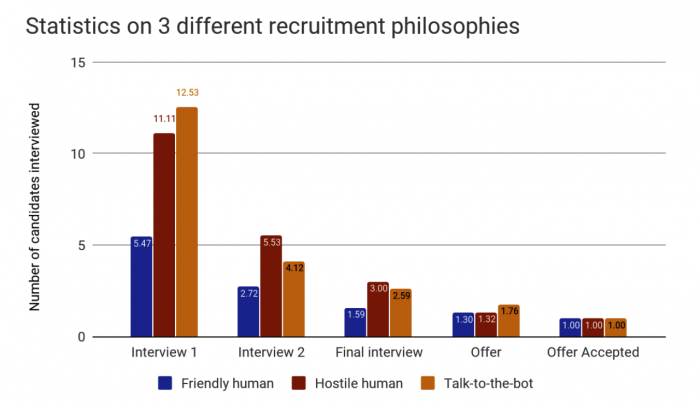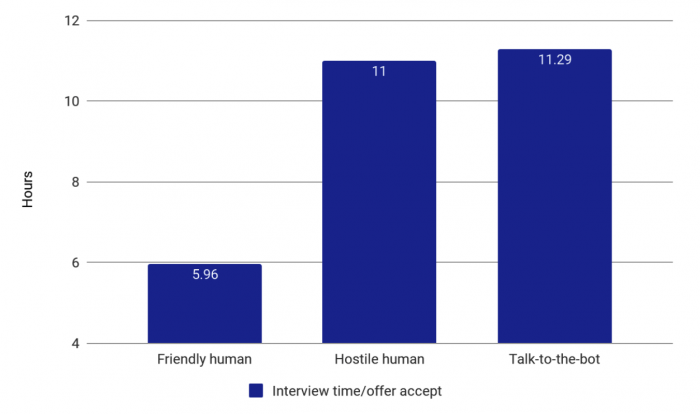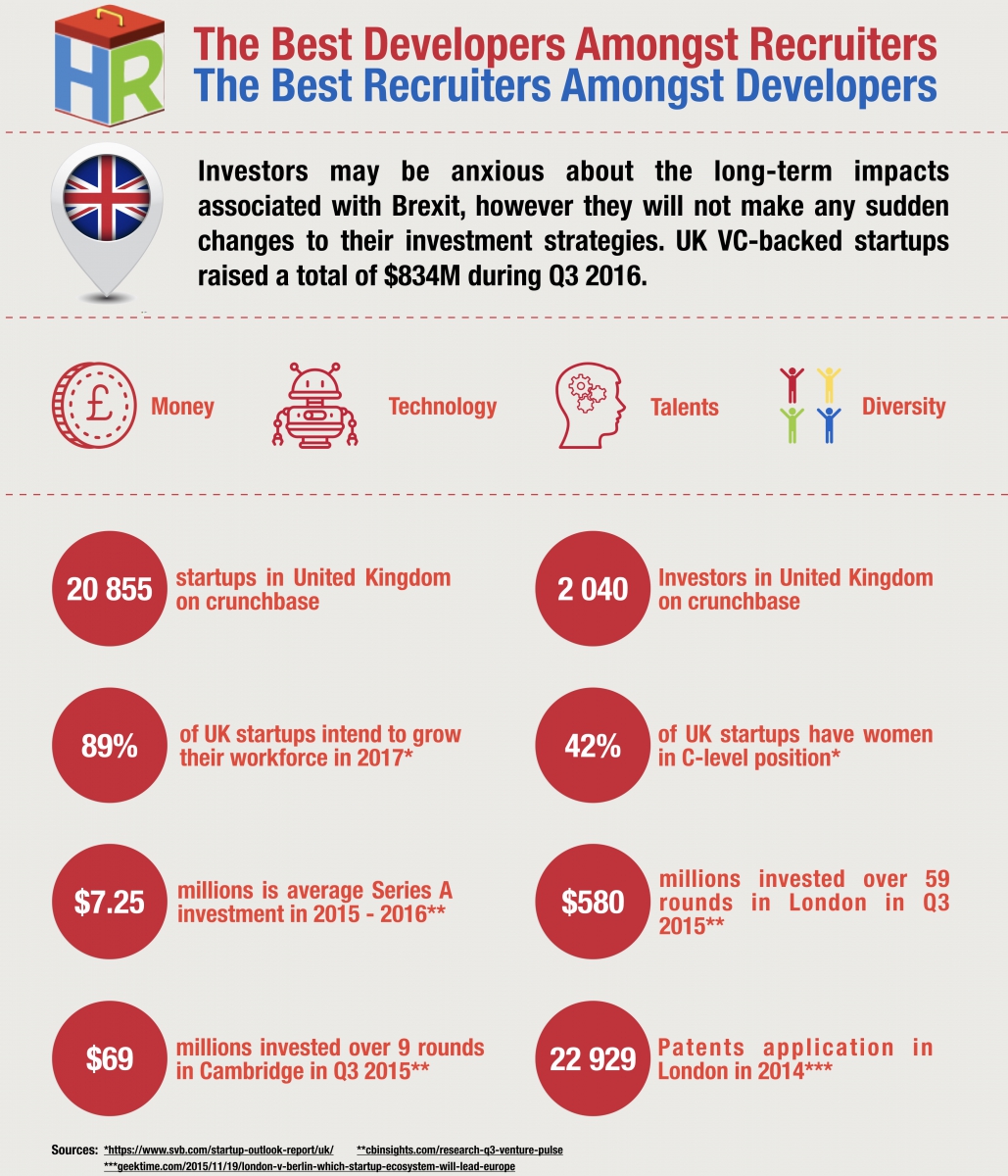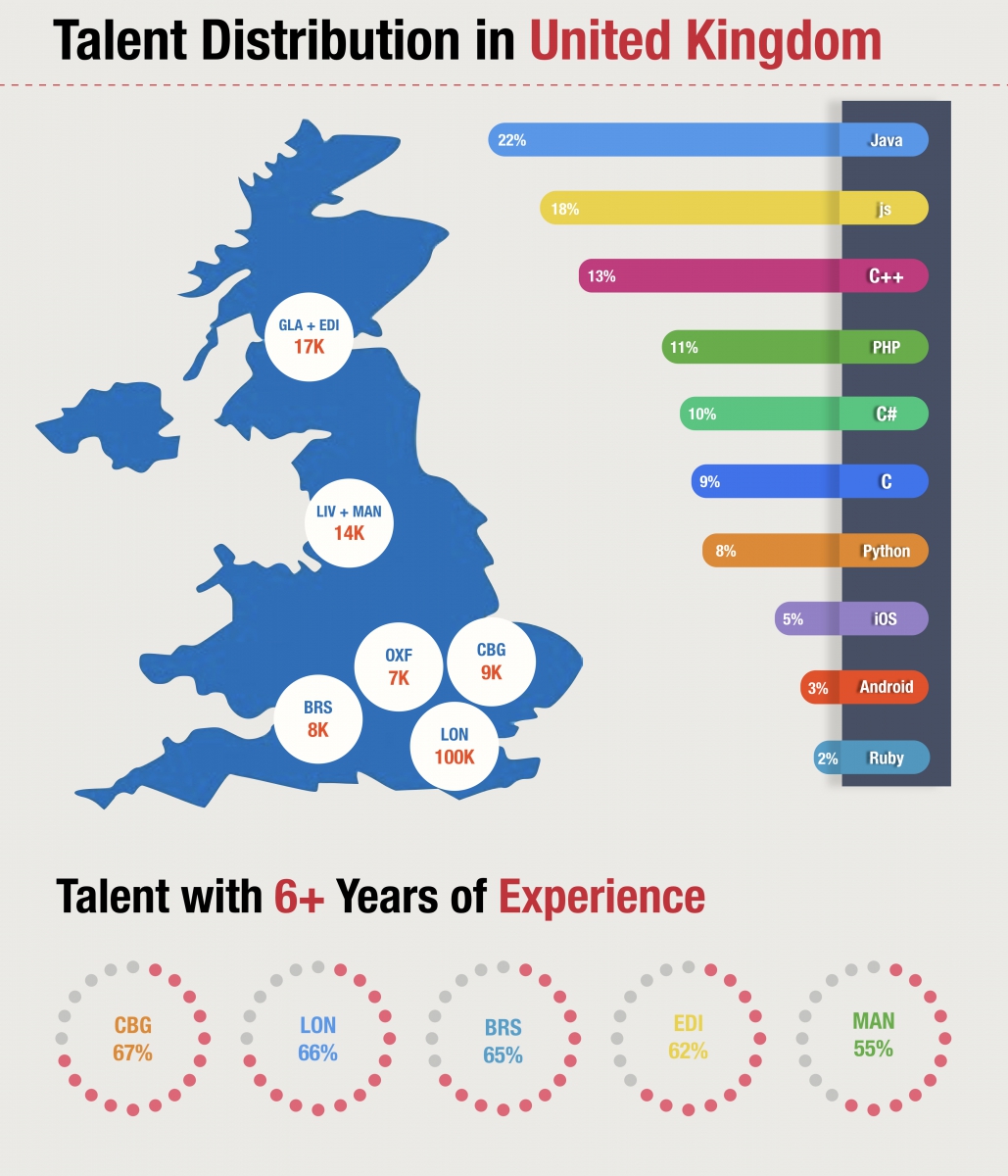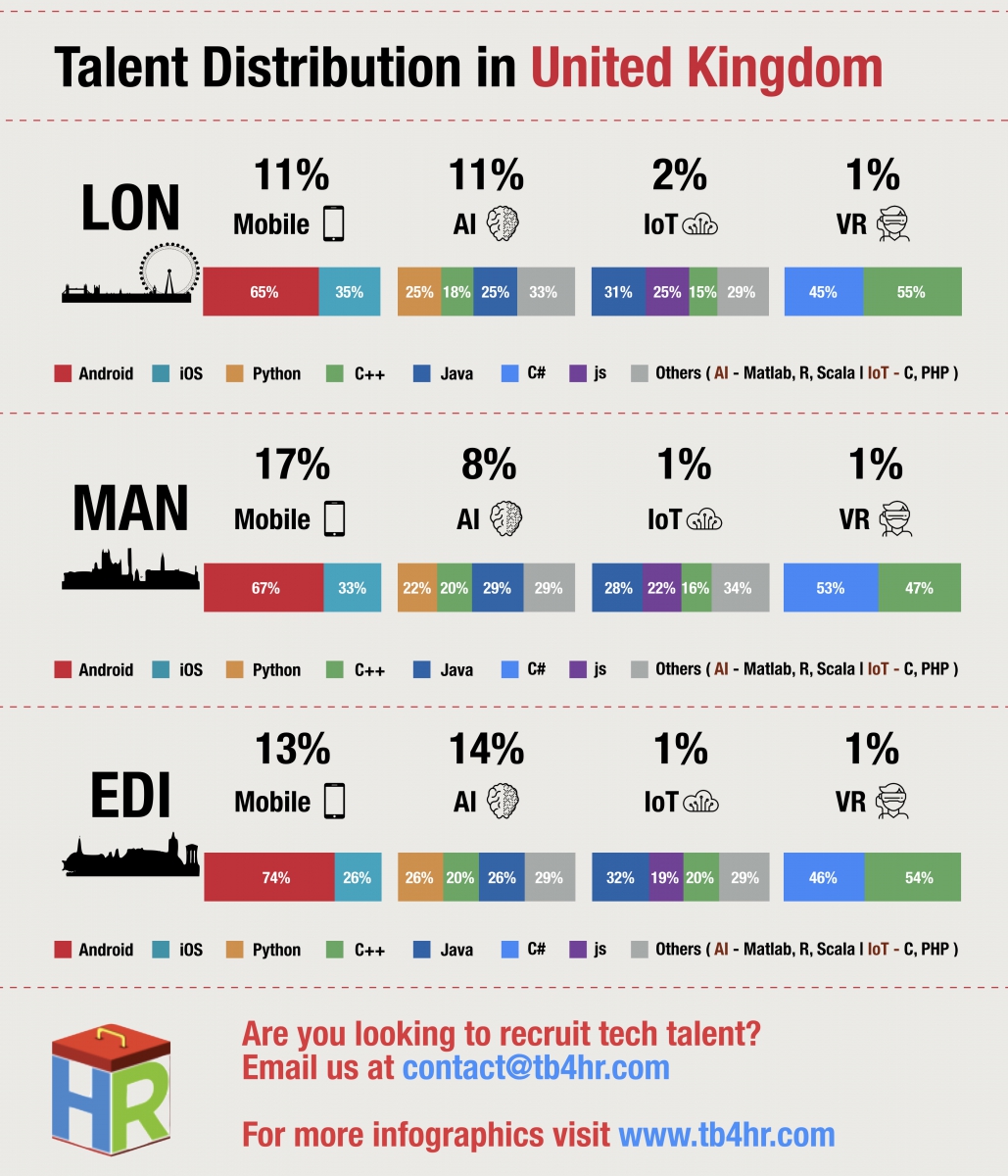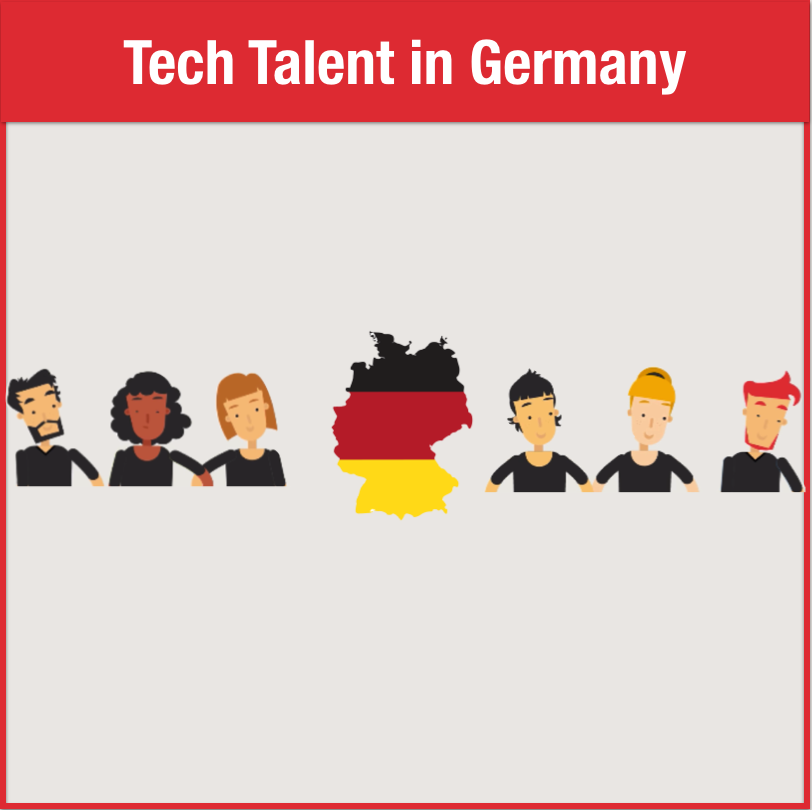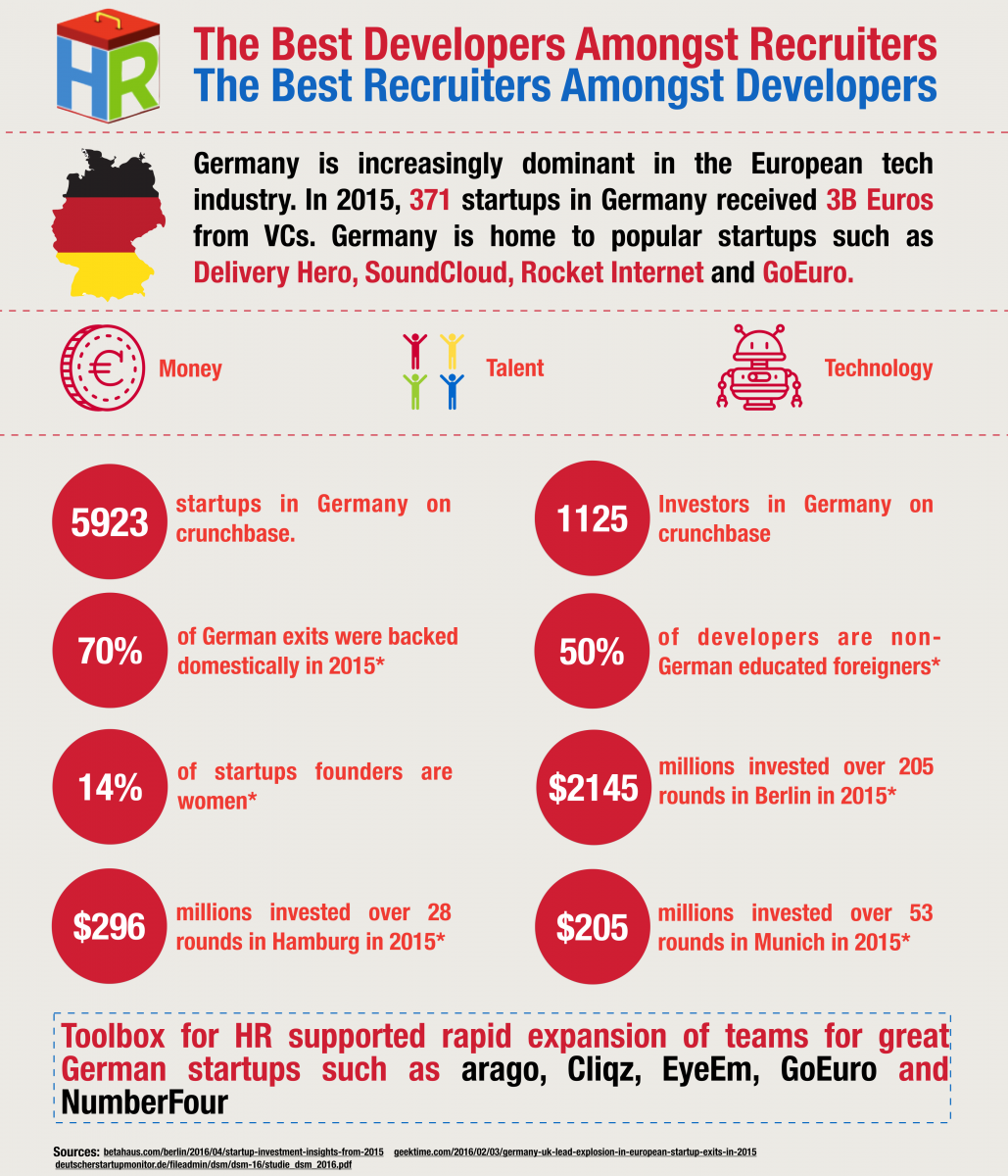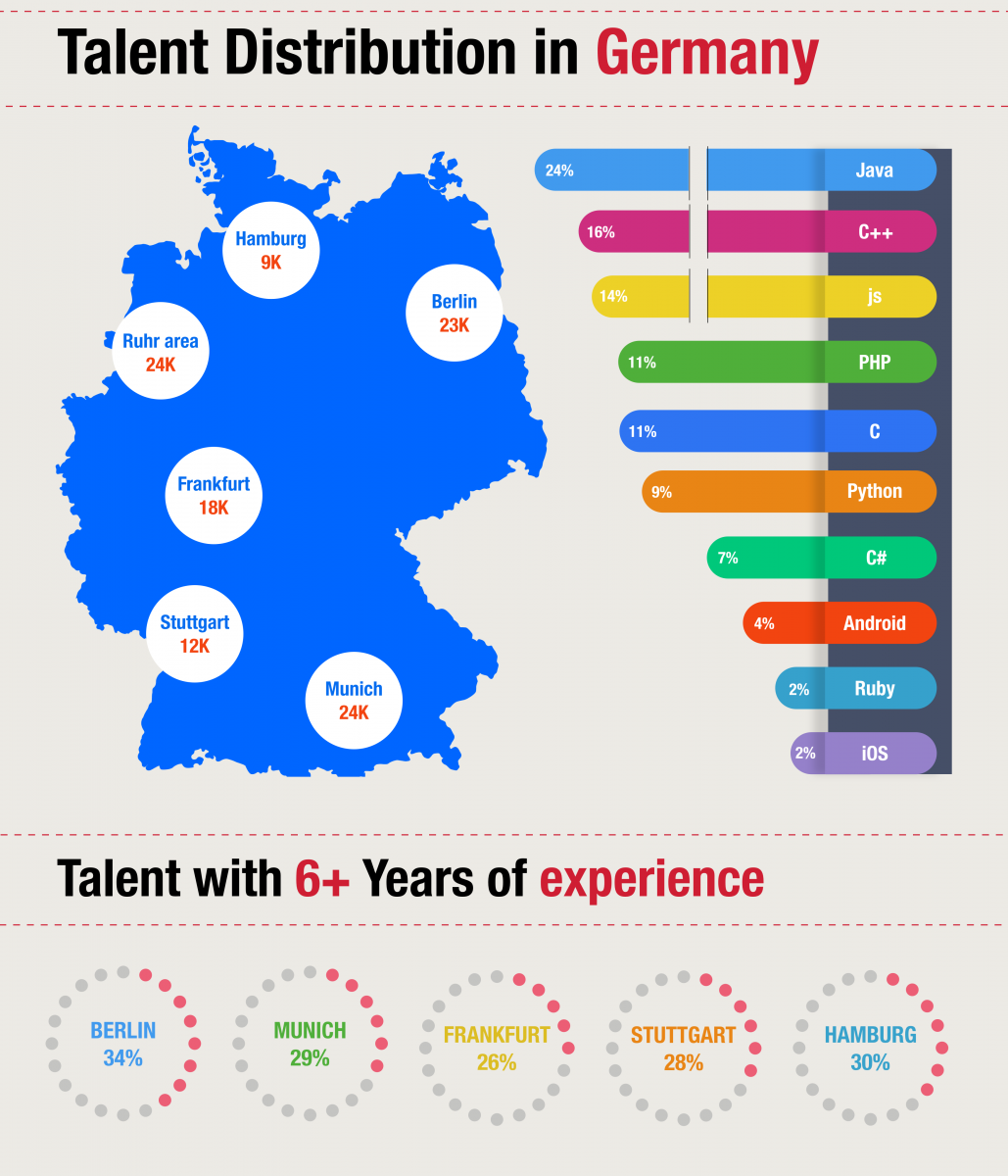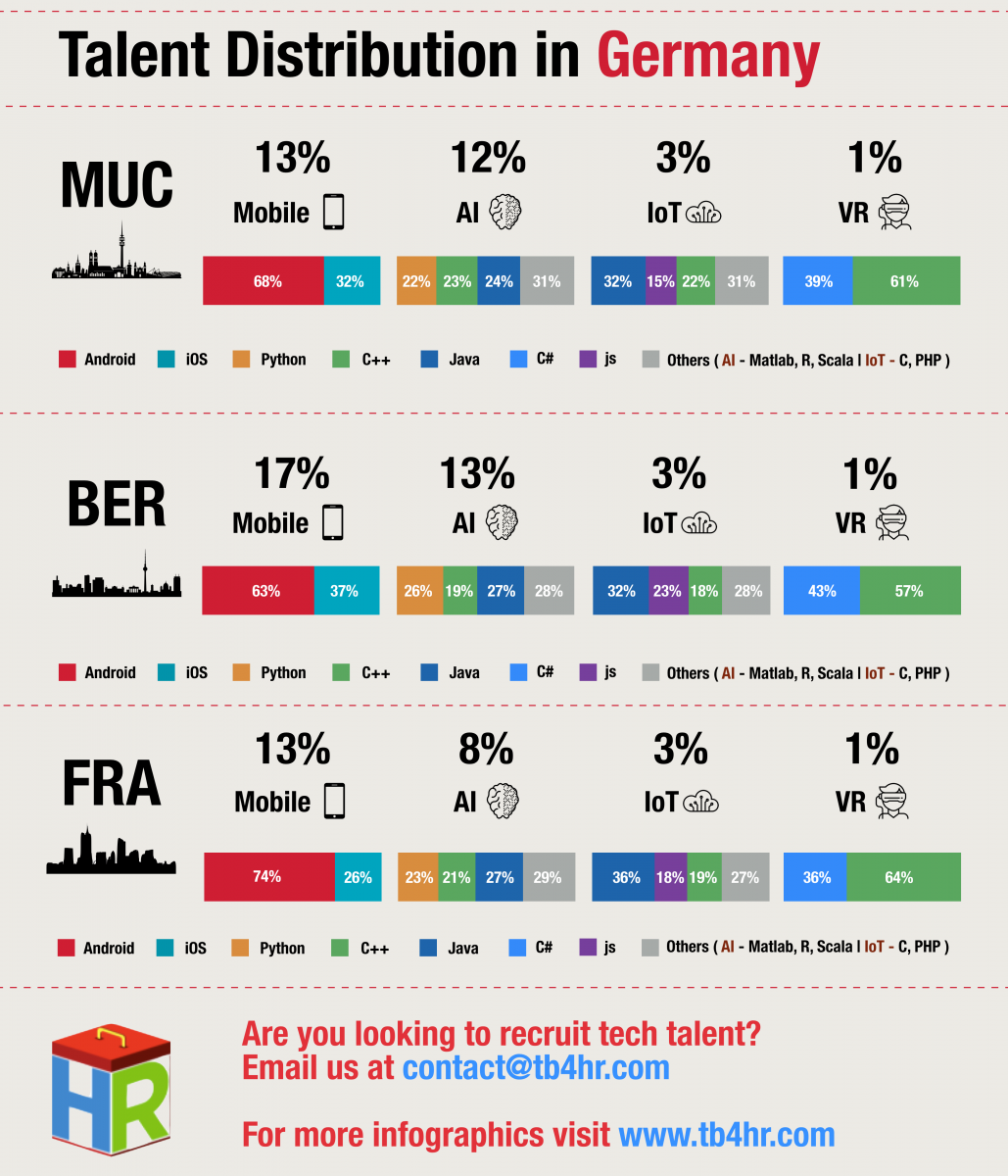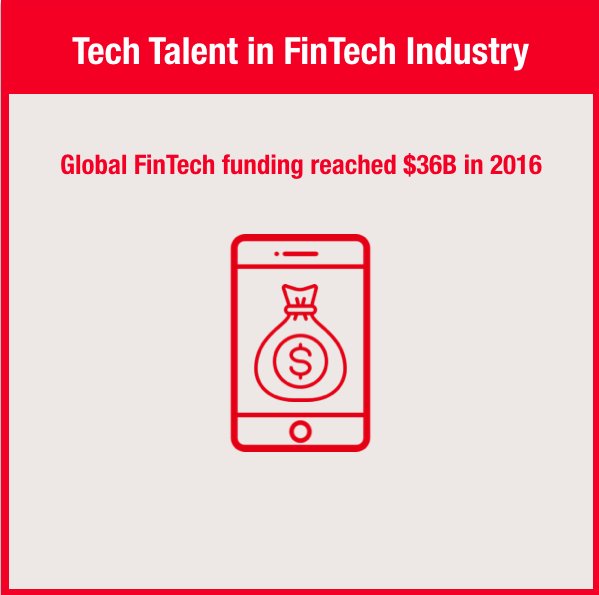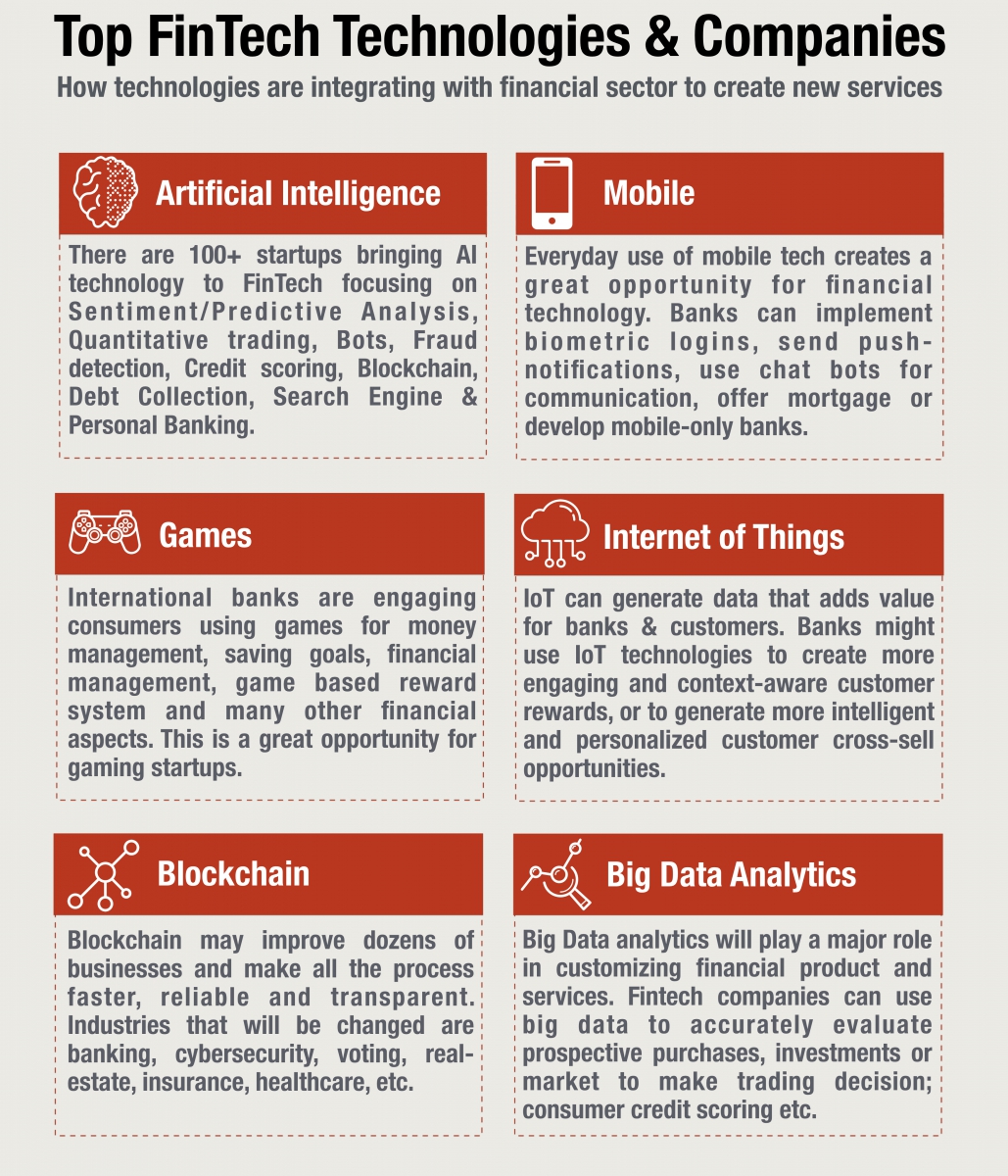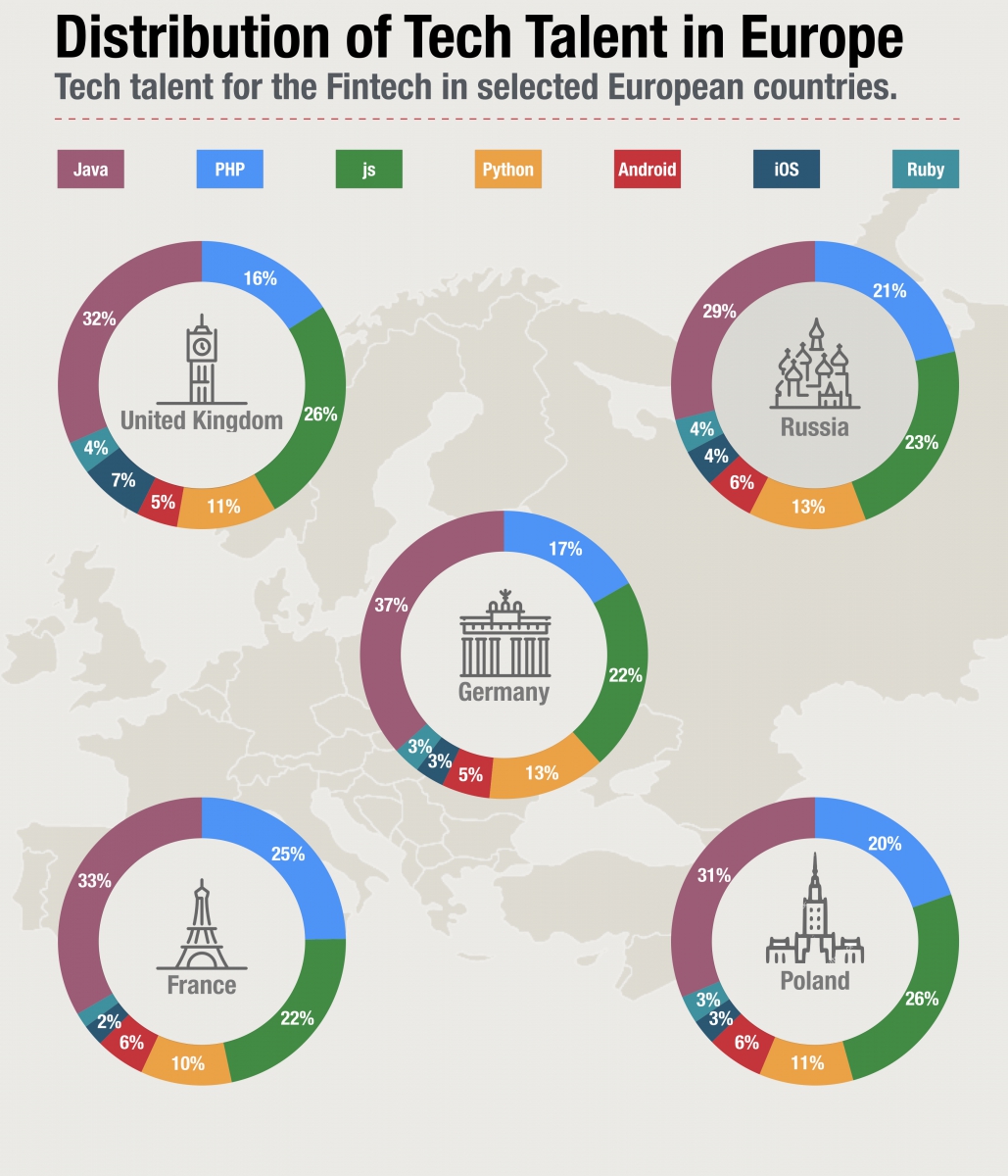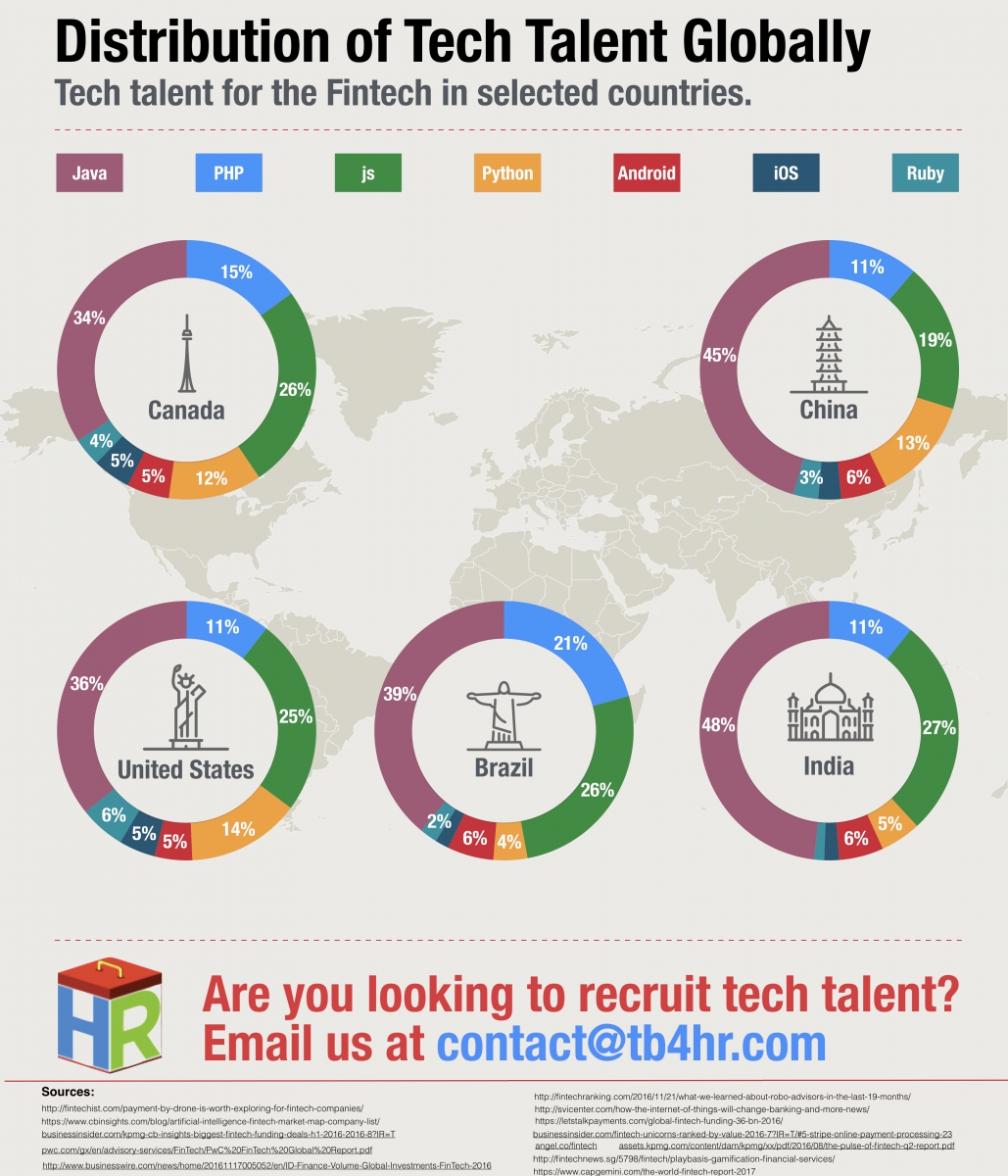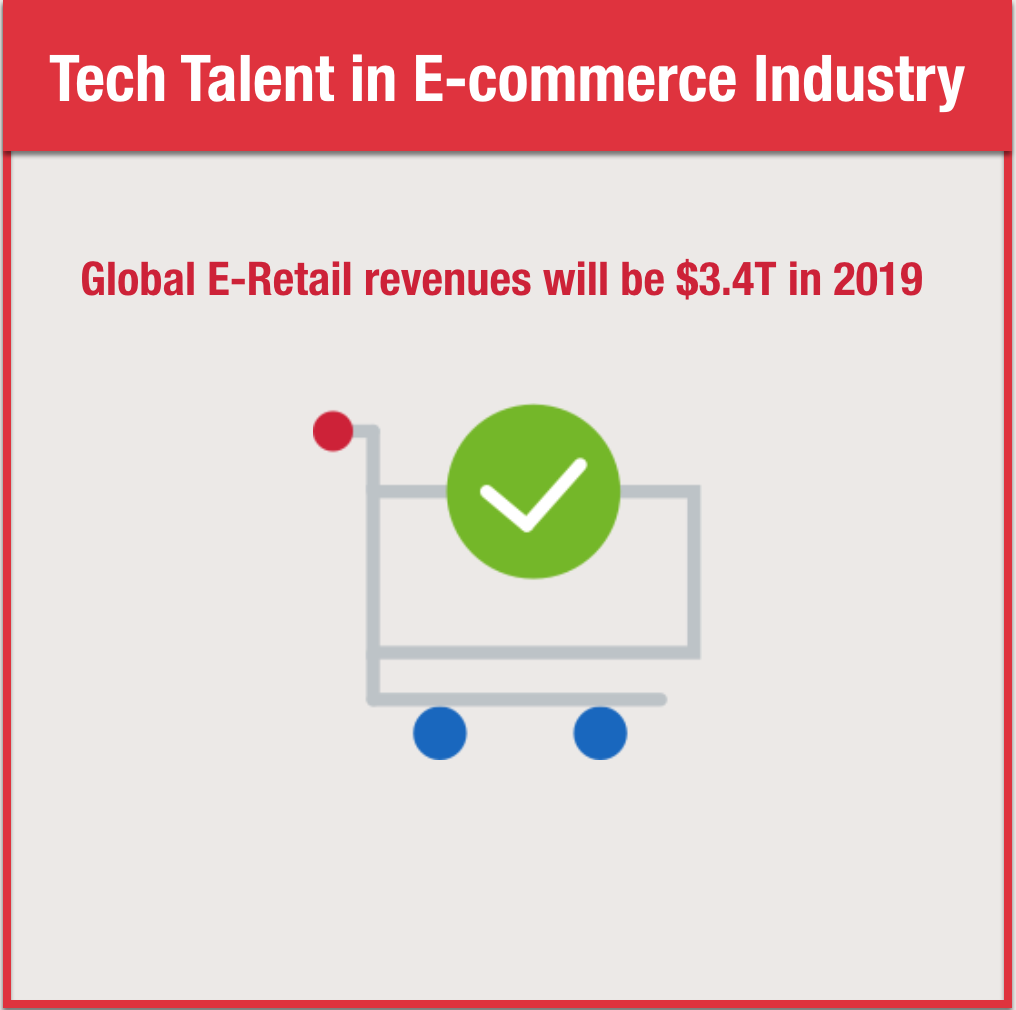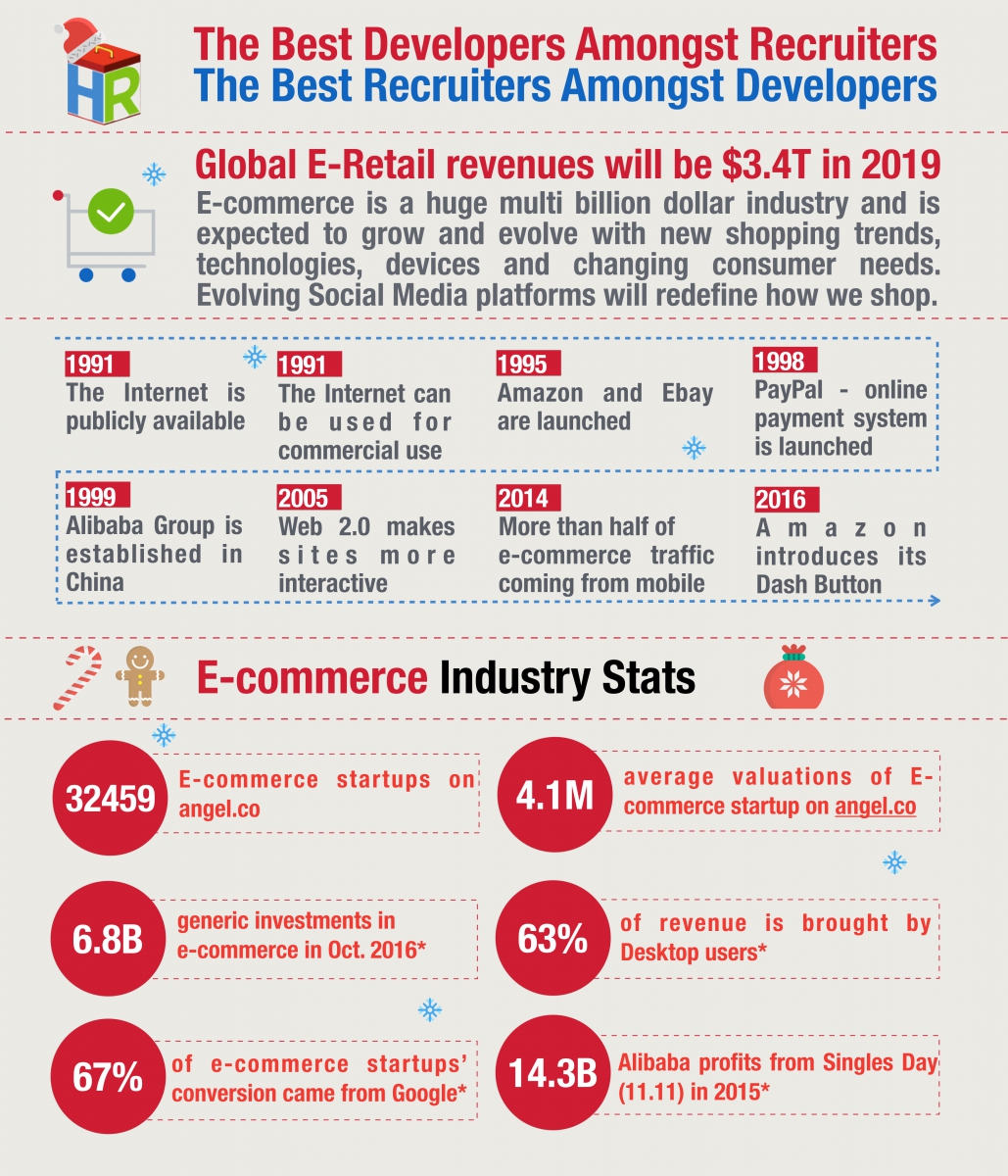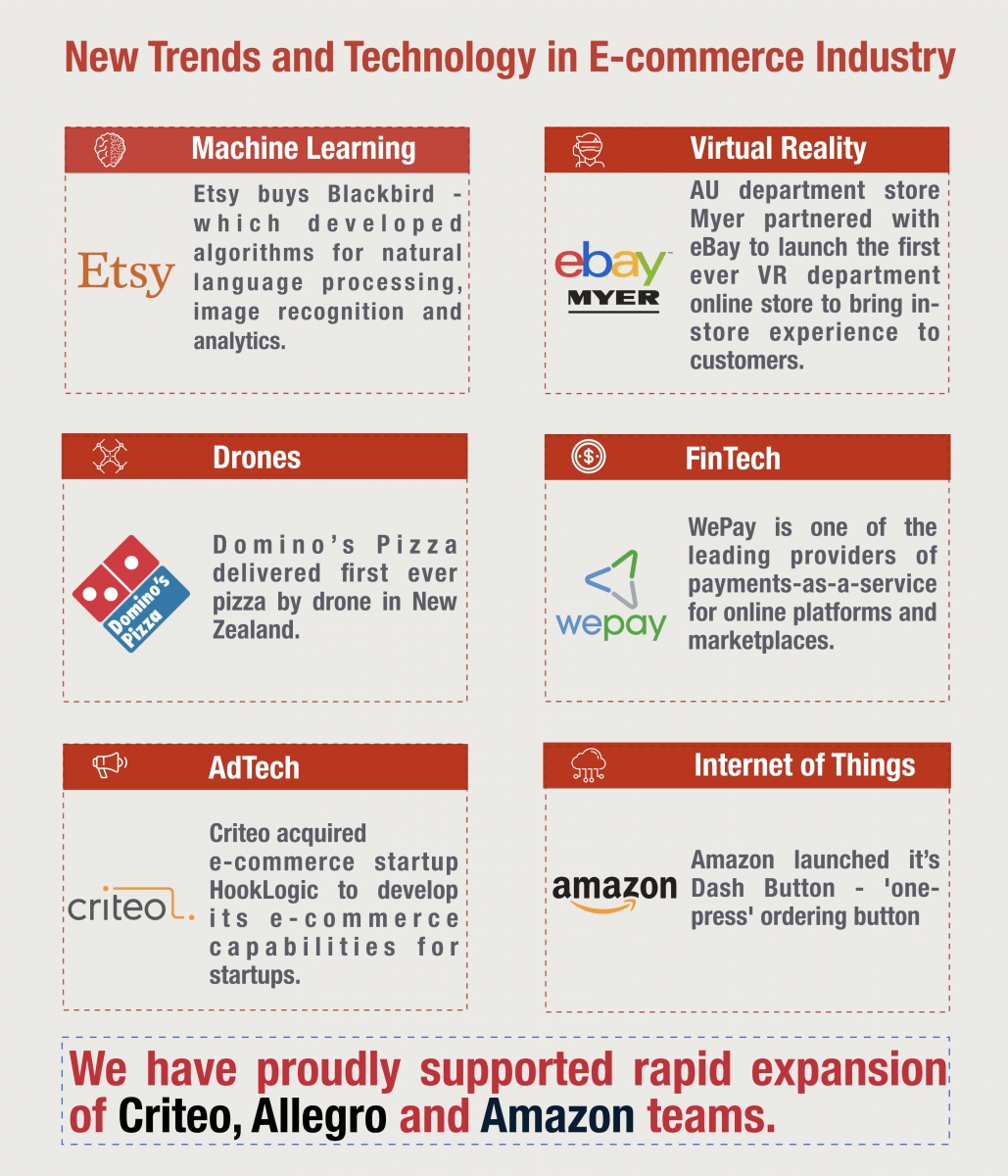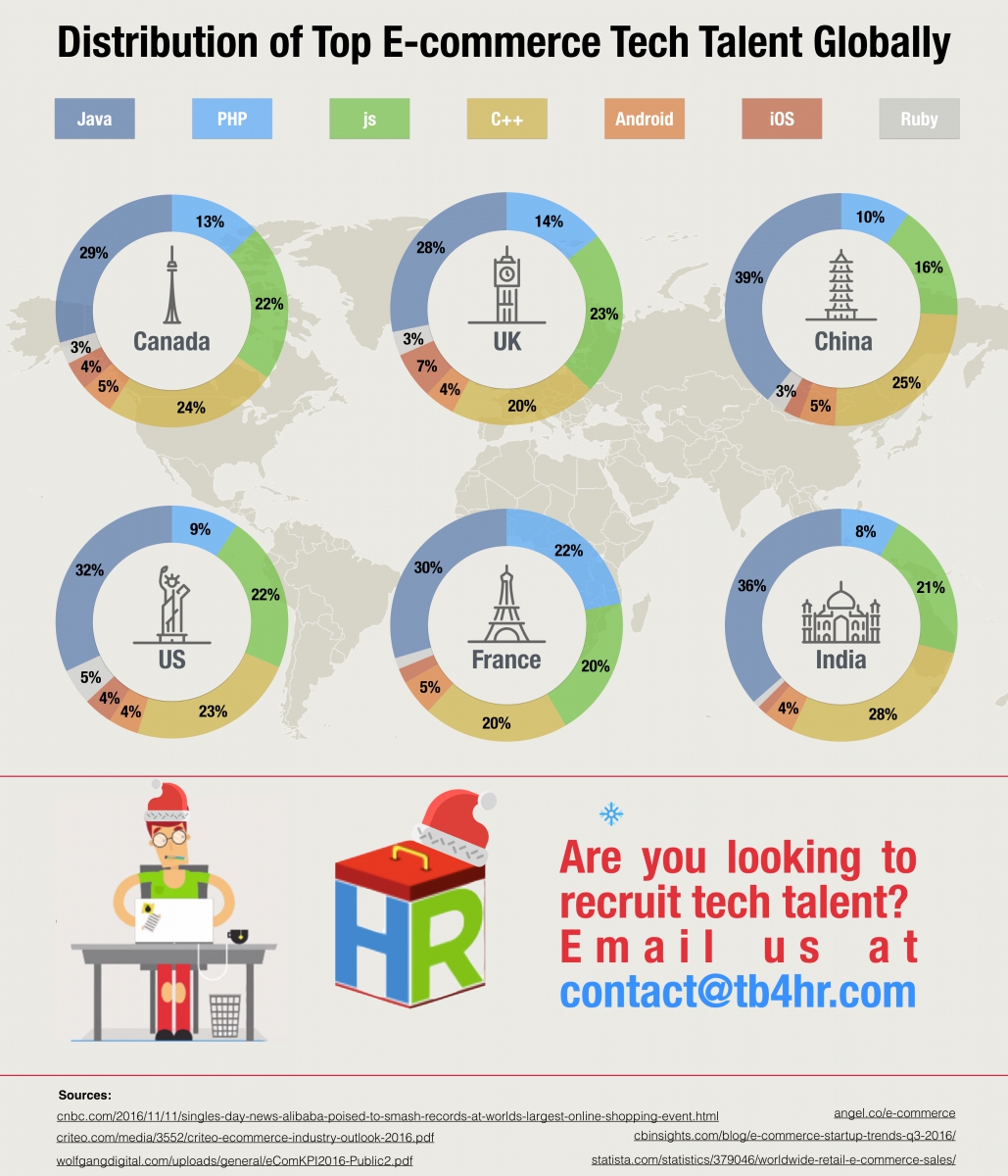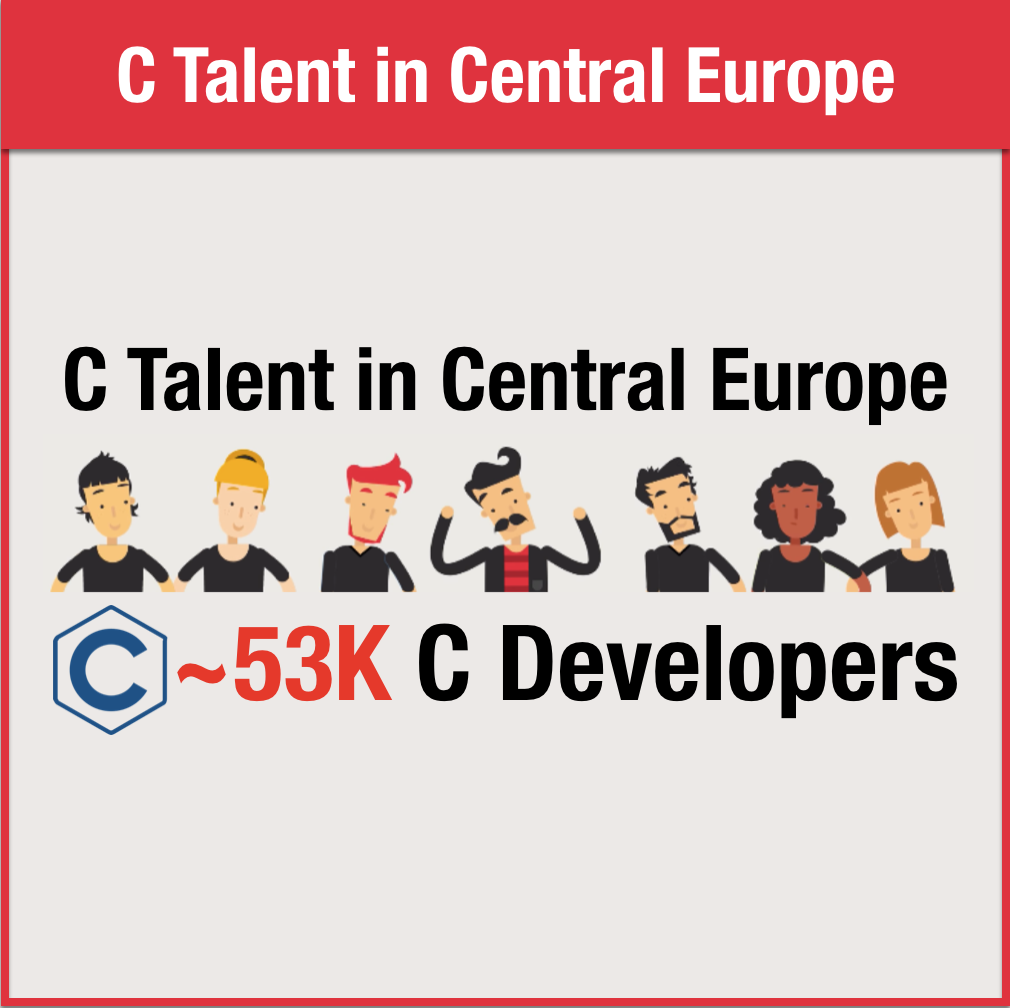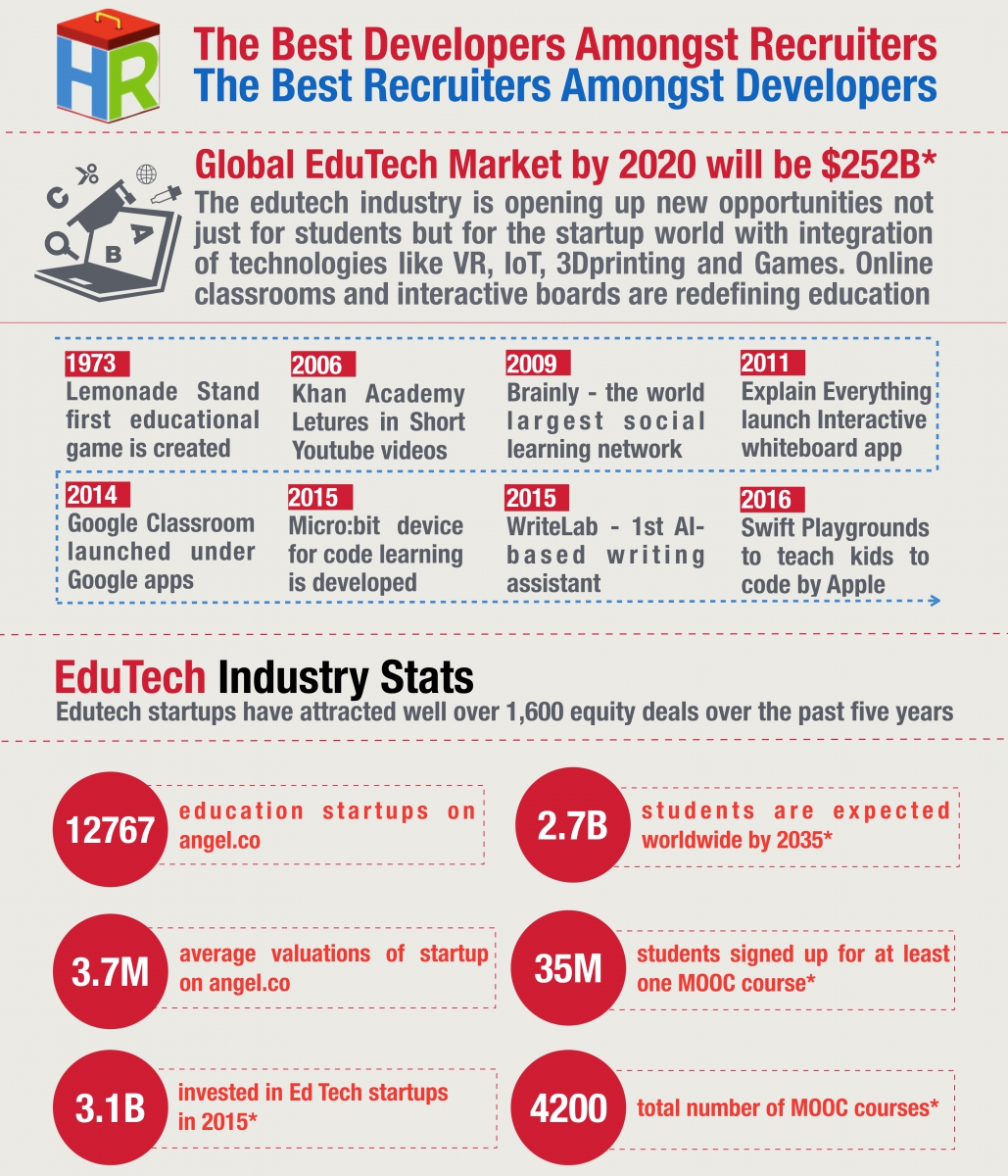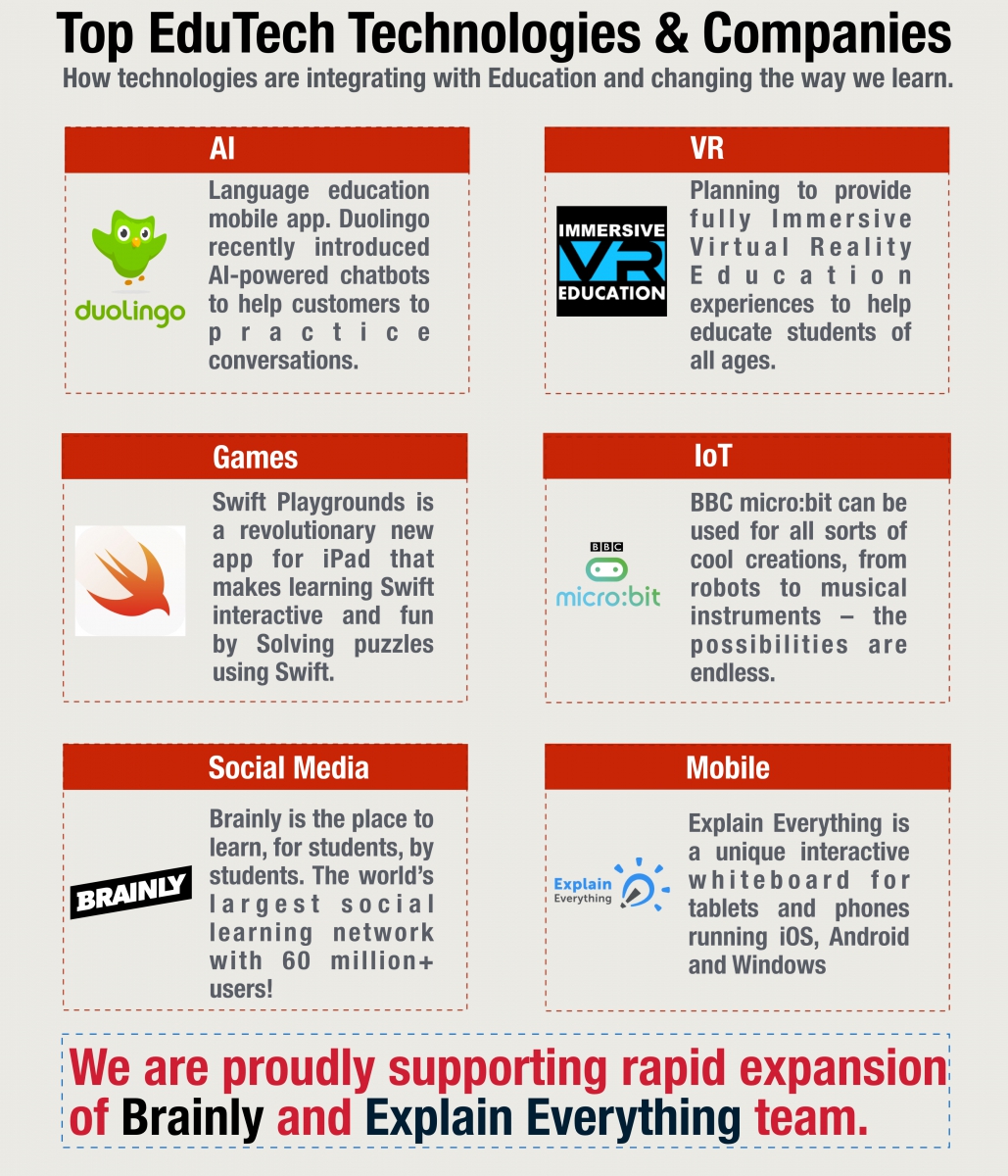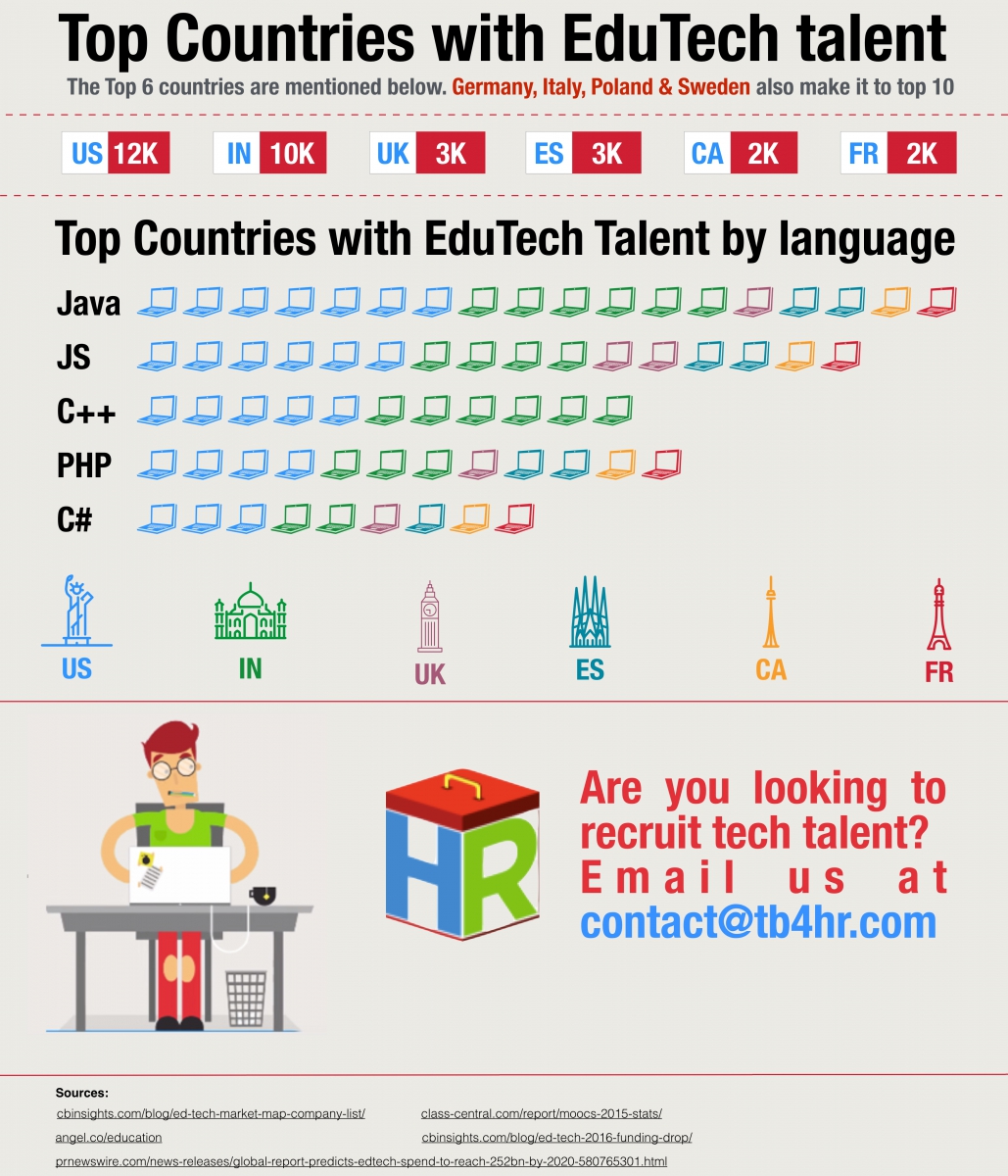How to lose tech candidates and alienate recruiters
TB4HR Team
0
Here at Toolbox for HR, we hire geeks. We treat every single one of our candidates as an individual while at the same time we constantly crunch data to verify any hypothesis or remove the bias. Big data helps our recruiters not to waste candidates/ interviewers/ hiring managers time.
In the last 2,5 years, we saw 500+ successfully accomplished recruitment processes. Many Software Engineers, DevOps, Data Scientists and Test Engineers got some new wind underneath their wings, moved jobs, cities, and countries. The total compensation of our hires is equivalent to the annual budget of Falkland Islands.
Today almost every company is, to some extent, a tech company. Owner of the lemonade stand at the farmer’s market needs a portable POS, ride-sharing driver needs to understand where to go to get 2.4 multipliers for his rides and the demand for the geeks making businesses smarter is not going away anytime soon.
We recently looked at the data coming from 500 recruitment processes to see what we learned.
We compared different interviewing philosophies among our clients. We grouped them into 3 categories:
a/ Friendly human – 2-3 stages of technical interviews with humans
b/ Hostile human – 3+ stages in unpredictable order and decision process with humans
c/ Talk-to-the-bot – test and/or homework followed by 2+ stages with humans
It turns out that more complex recruitment process (and test and/or homework) does not lead to better decisions. You need 2.6 tested candidates interviewing with a CTO to make a hire, but only 1.6 candidates who were previously interviewed by the engineers. Candidates who were exposed to tests are less likely to accept offers.
This also translates into the time invested into interviewing of tech candidates.
Source: Toolbox for HR
You might say that 11 hours to hire the right match is not a big investment and it’s hard to argue with that. Now, imagine growing from 20 to 100 people that is 6 months of one of the team members not coding, testing, maintaining infrastructure and not even using the bathroom and having coffee chats… just being locked up in a room with an army of candidates.
So do you still want to grow your team?
The best way to start is to invest in trained and enthusiastic interviewers, help them calibrate and have the best ambassadors of your employer brand! Side effect: more time spent on coding less time spent on the interviews.
Happy recruiting!
Marcin Smolinski is a tech recruiter with 20 years history of building engineering teams around the world. He is a founder of Toolbox for HR, a Recruitment Process Outsourcing focusing on tech and space.


